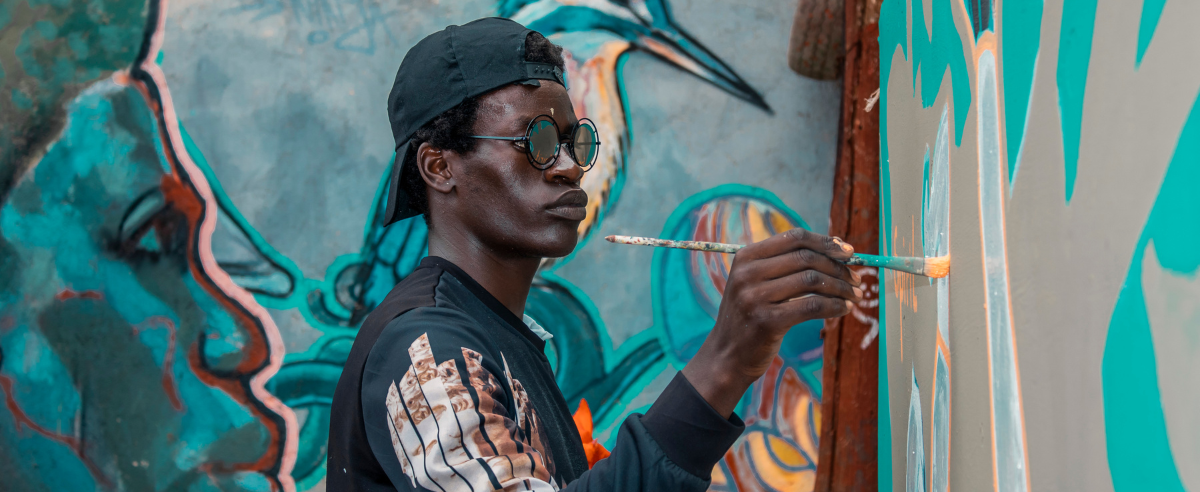
Bias in Tech: Does AI Obscure the Contribution of Black Artists?
Between the many promises of AI, there lies a hidden challenge that tech companies are desperately trying to address: bias.
This bias is woven into AI from skewed data, homogenised thinking, or prejudiced assumptions made during the development process.
While AI has proven to enhance human creativity, the ever-present bias challenge has wide-reaching ramifications that perpetuate systemic inequity across countless industries. The arts are no different.
In many cases, bias algorithms have obscured the African American impact on the arts by reducing the visibility of artists, stereotyping them, and failing to acknowledge their accomplishments.
It’s true that AI-generated represents a new age of artistic discovery, but we must strive to mitigate bias to ensure equitable representation across all artistic expressions. Some Black artists, like Stephanie Dinkins, have been warning the world about AI’s inability to accurately represent Black people for nearly a decade.
Authenticating Art
The current use of AI to authenticate art - such as the system deployed by Art Recognition to determine an authentic Van Gogh in Norway in 2019 - shows the promise that AI offers, but it isn’t without foundational issues.
A recent study by Joy Buolamwini at the MIT Media Lab revealed this stark reality, shedding light on the hurdles faced by African American artists whose work may go unrecognised or misidentified in digital art spaces, as AI systems have consistently failed to recognise darker faces.
Another issue that has come to light is the bias in algorithms that platforms like Spotify, Tidal, and Apple have tried to address. Yet algorithmic recommendations by these platforms consistently sideline African American musicians over their contemporaries.
This is supported by research from the University of Southern California, which has shown how these algorithms tend to favour mainstream artists, potentially leaving out the diverse voices of African American creatives. The research showed how consistent interaction with African American artists is needed for their work to be recommended by the algorithm in the first place.
Building Diverse Teams
The consistent issue with AI is that it is being trained on limited datasets that reinforce societal stereotypes. This often means that African American artistic history and contributions are not part of the datasets that AI is trained on.
However, there are ways to address these issues, and it starts with the humans behind the algorithms. Recruiting diverse talent and building inclusive working cultures is a prime place to start.
Diverse teams can help identify and address biases in AI algorithms, ensuring that they are more representative of diverse communities, including African American artists.
This is because diverse teams bring different perspectives and lived experiences to the table. Cultural competency allows AI systems to better understand the nuances of representation and cultural expression within the arts. When companies can design AI systems that are more sensitive to issues of bias, they can more accurately reflect the diversity of artistic voices.
Hoping to hire top diverse talent in a competitive market? Trust in SODA has you covered. Contact our specialist recruitment consultants here:
